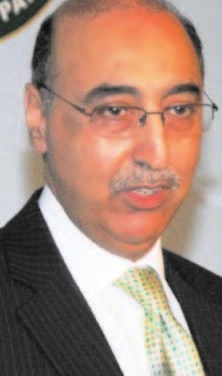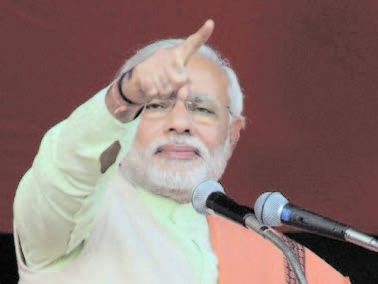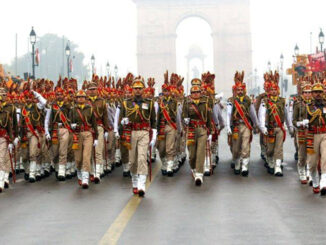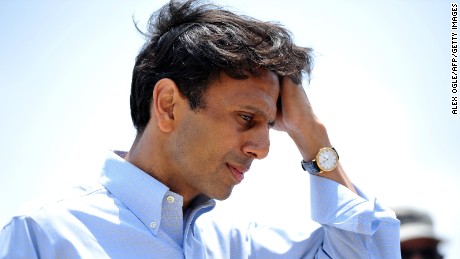
NEW DELHI: At a time when Indo-Pak tensions are running high, Pakistan’s man in Delhi, Abdul Basit, is not a favourite with the Modi government.
Basit’s stock with this government plummeted in August when he went ahead with his meeting with Kashmiri separatist leaders of the Hurriyat even after being explicitly warned against it by foreign secretary Sujatha Singh. The action resulted in India calling off foreign secretary-level talks with Pakistan, putting an abrupt end to the nascent process of engagement with the new Indian government.
In the run-up to PM Modi’s visit to the US, India indicated, through home minister Rajnath Singh and foreign minister Sushma Swaraj, that its is open to restarting communications.
Government sources reckon this may not have been interpreted correctly by the Pakistani side, which declared they would not ask for a meeting between Modi and Nawaz Sharif in New York. Indian officials were told a meeting could happen only if India asked for it. Indian sources said the Pakistan envoy had an opportunity of effecting a course correction fairly easily, which did not happen.
In New York, Sharif’s Kashmir bait was not picked up either by India or the international community. As recently as this week, both the US and UN asked that the issue be handled bilaterally.
Former US ambassador Nancy Powell ran into a similar problem when she refused to reach out to the then chief minister of Gujarat Narendra Modi, misreading the obvious signs that he might become PM. She was swiftly recalled by Washington. A new US ambassador, Richard Verma, has just been named.
The foreign office called in the Pakistani deputy high commissioner, Mansoor Khan, on Tuesday to deliver an official protest against the firing on the border.





Be the first to comment